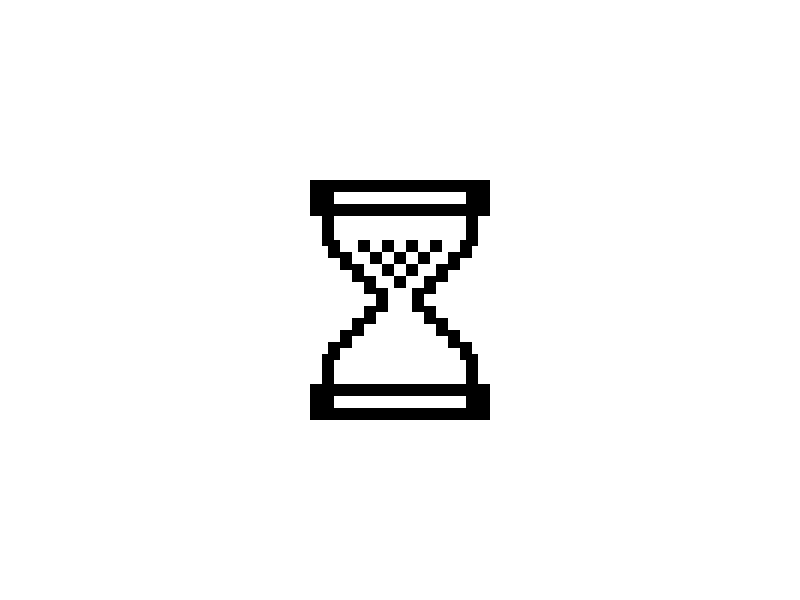ContactPrivacy PolicyImprint
© 2025 Max Planck Institute of Geoanthropology
Between 2013-2022 the Anthropocene Curriculum was developed by Haus der Kulturen der Welt (HKW, Berlin) and the Max Planck Institute for the History of Science (MPIWG, Berlin), in collaboration with many partners worldwide. The website archive is now maintained by the Max Planck Institute of Geoanthropology.

